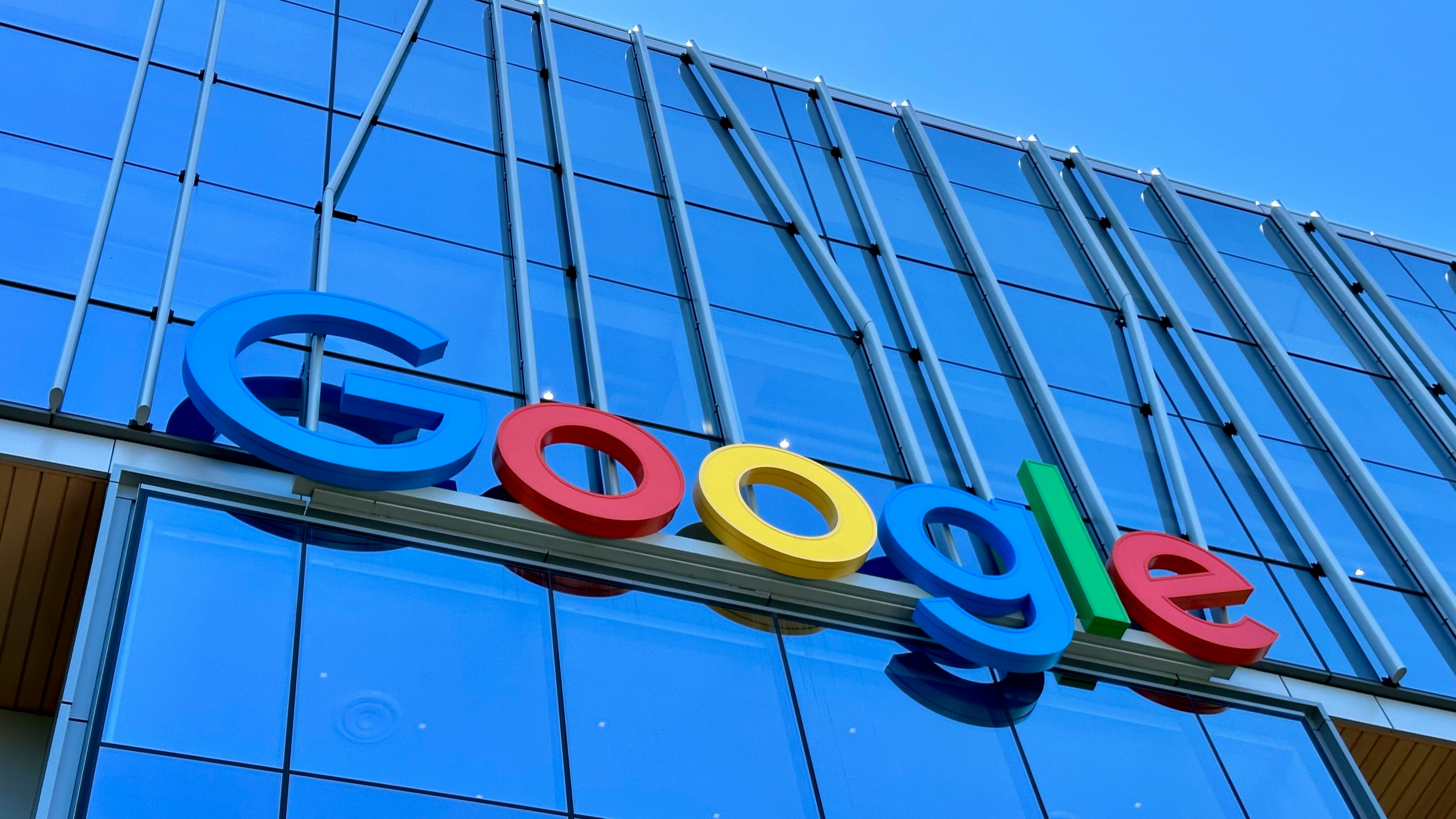Google says ads will remain central to Search as AI expands
The company says its focus remains on building strong user experiences while exploring AI-driven ad placements

In a new interview, Google made it clear that ads are here to stay even as AI becomes a bigger part of Search. Speaking on the Silicon Valley Girl podcast hosted by Marina Mogilko, Robby Stein, Google’s Vice President of Product for Search, said that paid ads remain essential to how the platform works despite ongoing AI integrations.
The conversation, first reported by Search Engine Land, comes as many publishers and advertisers question how AI-driven search results could affect ad visibility and traffic.
When Mogilko asked if Google Ads might “go away in the future,” Stein replied directly: “Don’t see them going away.” He explained that AI isn’t replacing traditional search; it’s expanding what people can do with it. According to him, users still rely on Google for everyday needs, but AI has opened new ways to interact with the platform.
User behavior is expanding, not shifting
According to Stein, the rise of AI has changed how people use search but not the reason they use it. “The way people use Google Search isn’t really changing,” he said. “It’s really expanding.”
Stein added that people can now take photos, ask complex questions, and get richer context from results. These expanded use cases, he said, present opportunities for ads to appear in new formats rather than disappearing entirely.
Google is testing ads inside AI experiences
Stein confirmed that Google is already experimenting with ads “within AI Mode and within Google AI experiences.” These tests include placements inside AI Overviews, the company’s feature that summarizes search results with generative responses. He said users may have already noticed these ad experiments in action, noting that it’s still “early days” and users should expect “new and novel ad formats” in the future. However, he noted that Google is still “figuring out how ads might appear in these systems.”
Google already has ads in AI Overviews, marking one of its biggest steps toward monetizing generative search. These ads appearing in AI results are clearly labeled as “Sponsored” to help users distinguish between organic content and paid promotions.
The company first began testing ads inside AI Mode in May this year, and reports said Google is preparing to launch a wider rollout of ads within AI Mode. These tests have taken on added importance as publishers and advertisers question how AI summaries might affect referral traffic and ad performance.
During its Q3 2025 earnings report, Google’s parent company, Alphabet, reported that Search and other ad revenue grew year-over-year to $74 billion in ad revenue, up 12% from the same quarter last year. Google claims AI played an important role in driving this ad growth.
That revenue growth underscores Stein’s point that users are still turning to Google for transactional and informational searches, the same moments that drive ad engagement.
AI recommendations are separate from paid ad data
One of the biggest questions for marketers has been whether paid advertisers receive any advantage in Google’s AI recommendations. Stein addressed this directly, saying AI recommendations are not influenced by advertising inputs. “It doesn’t use ads information,” he said. “This is done entirely with what’s on the web and what’s within Google’s information system.”
That distinction is critical for advertisers and publishers who have raised transparency concerns about how AI-generated results might blend organic and paid listings.
Stein’s comments provide a clear picture of Google’s direction. While AI is reshaping how users interact with Search, ads remain a core part of the experience. The ongoing experiments suggest that ad visibility could soon extend into AI-powered conversations and summaries, opening new formats for engagement.
